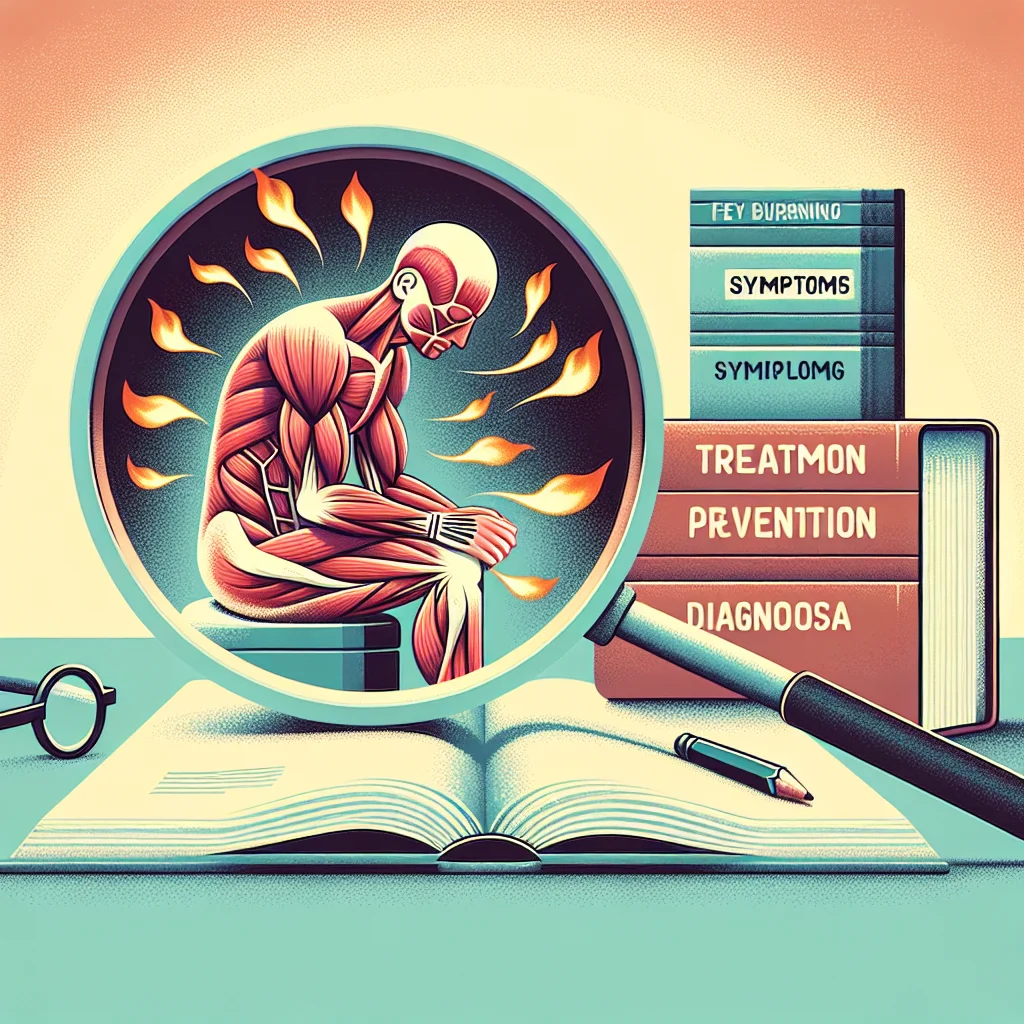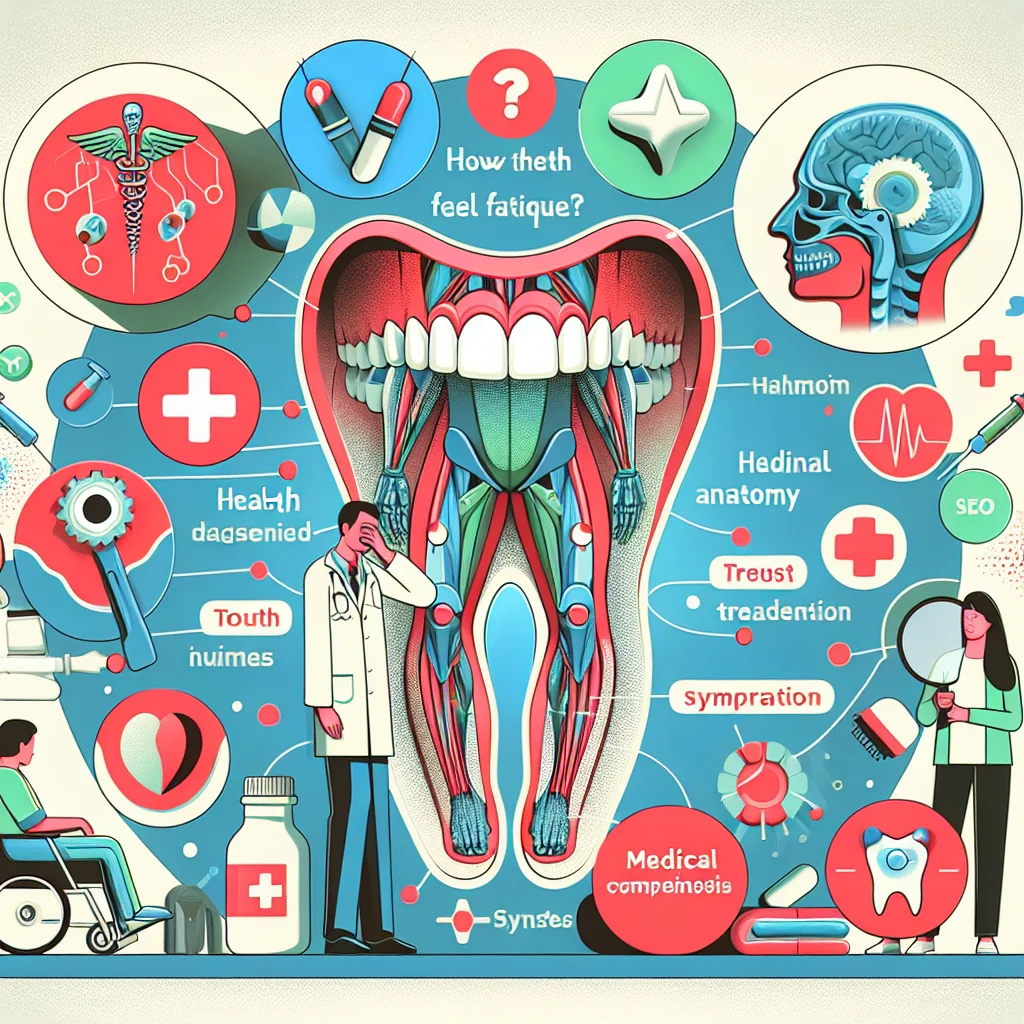
Possible Causes and Medical Insights
Throat numbness can be an unsettling symptom, often causing concern about underlying health issues. Common causes may include nerve irritation, allergic reactions, infections, or even side effects from certain medications. For instance, exposure to irritants such as smoke or chemicals, or recent dental procedures, can also contribute to this sensation. Understanding the medical background can help you identify whether your throat numbness is likely temporary or if it signals a more serious condition requiring attention.
From a clinical perspective, throat numbness can sometimes indicate issues with the glossopharyngeal or vagus nerves, which play crucial roles in sensation and swallowing. In rare cases, neurological conditions like multiple sclerosis or transient ischemic attacks (mini-strokes) can present with throat numbness. Recognizing these medical insights is vital for contextualizing your symptoms and deciding on the next steps for health care and management.
Symptoms and Risk Factors
When asking, "What are the symptoms of my throat feel numbness?", it’s important to look for associated symptoms such as tingling, loss of taste, difficulty swallowing, hoarseness, or even mild pain. Some people may also experience a dry or scratchy sensation, and in severe cases, breathing difficulties. These symptoms may appear suddenly or develop gradually, depending on the underlying cause.
Risk factors for throat numbness include recent respiratory infections, allergies, gastroesophageal reflux disease (GERD), anxiety, and certain chronic conditions. Individuals with a history of neurological disorders or those who have undergone recent surgical or dental procedures may also be at higher risk. Identifying these risk factors can guide you toward appropriate medical advice and timely intervention.
Diagnosis and When to See a Doctor
Diagnosing the cause of throat numbness usually begins with a thorough medical history and physical examination. Your healthcare provider may ask detailed questions about the onset, duration, and severity of your symptoms, as well as any recent exposures or illnesses. Diagnostic tests, such as throat swabs, imaging, or neurological assessments, may be recommended to rule out infections, allergies, or nerve damage.
It’s crucial to seek medical attention if your numbness is accompanied by difficulty breathing, severe pain, or if it persists for more than a few days. Sudden onset of numbness with other neurological symptoms warrants urgent evaluation, as it could indicate a serious underlying condition. Early diagnosis and intervention are key to preventing complications and ensuring effective treatment.
Prevention and Home Remedies
Preventing throat numbness starts with minimizing exposure to known irritants, maintaining good oral hygiene, and managing allergies effectively. Staying hydrated and avoiding very hot or spicy foods can also reduce the risk of irritation. If you experience frequent throat numbness, consider keeping a diary to track potential triggers and share this information with your healthcare provider.
For mild cases, home remedies like warm saltwater gargles, using a humidifier, or sucking on lozenges may provide relief. Over-the-counter antihistamines or pain relievers can help address underlying allergies or discomfort. However, persistent or worsening symptoms should prompt a visit to your doctor, as self-treatment may not address more serious medical causes. Always prioritize your health and seek professional advice when in doubt.














